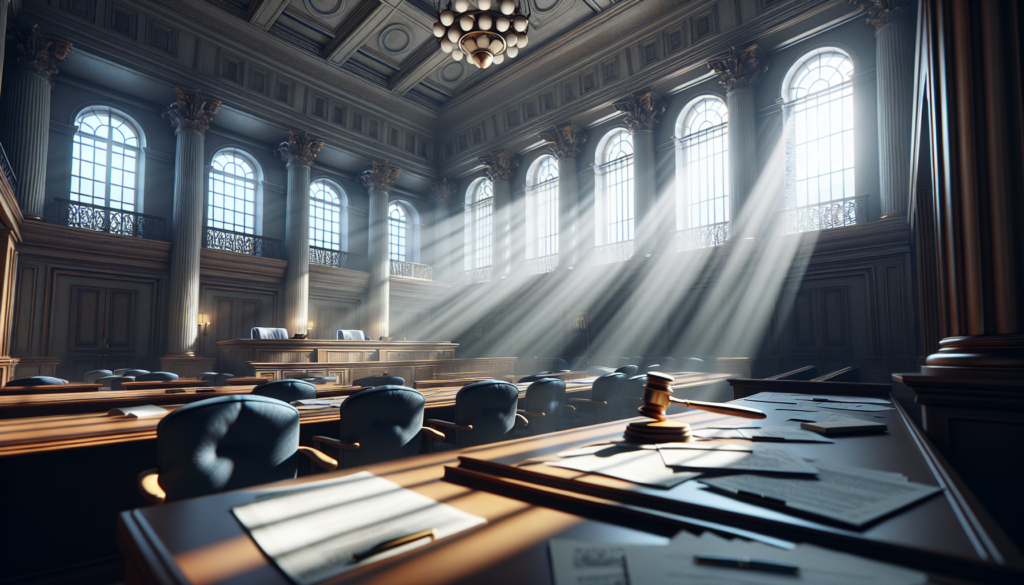
In a Chapter 13 bankruptcy case, adhering to notice requirements is crucial for ensuring the process runs smoothly and that all parties involved are properly informed. These rules regarding notices are designed to maintain transparency, allow for the participation of creditors, and ensure the debtor complies with the bankruptcy court’s procedures. Here’s an overview of the key notice requirements in a Chapter 13 bankruptcy:
-
Notice of Bankruptcy Filing
Once you file for Chapter 13 bankruptcy, the court will issue a “Notice of Commencement of Case” to all creditors listed in your bankruptcy schedules. This notice informs creditors of:
- The filing of the bankruptcy,
- The case number,
- The automatic stay that prohibits most collection actions against you,
- The name of the appointed bankruptcy trustee,
- The date, time, and location of the 341 meeting (meeting of creditors),
- Deadlines for creditors to file claims or objections, and
- Instructions on how to file a claim.
-
Notice to the Debtor
As the debtor, you will receive notices from the court throughout your Chapter 13 case, including:
- Notice of the bankruptcy filing,
- Notice of the 341 meeting,
- Notice of any objections to your proposed repayment plan,
- Notice of the confirmation hearing for your repayment plan,
- Notices regarding any motions filed by creditors or the trustee, and
- Annual statements from the trustee detailing the progress of your plan payments and distributions to creditors.
-
Notice of Plan Confirmation
After the confirmation hearing, the court will send a notice to you and your creditors regarding the confirmation of your Chapter 13 repayment plan. This notice will include the terms of the plan, such as the duration, the amount to be paid to the trustee, and how claims are to be treated.
-
Notice of Changes in Plan Payments
If there are any modifications to your repayment plan due to changes in your financial situation, a notice will be sent to all affected parties. This includes adjustments to the payment amount or the plan’s duration.
-
Notice of Discharge
Upon successful completion of your Chapter 13 repayment plan, the court will issue a notice of discharge to you and your creditors. This notice signifies that you have fulfilled the terms of your repayment plan and that eligible debts are discharged.
-
Notice of Dismissal or Conversion
If your Chapter 13 case is dismissed for any reason (such as failure to make plan payments) or converted to another chapter of bankruptcy, notice will be provided to you and the creditors. This notice will explain the reason for the dismissal or conversion and outline the next steps.
Compliance and Communication
- Accuracy of Information: It’s essential to provide accurate and complete information about your creditors when filing for bankruptcy to ensure all parties receive proper notice.
- Updating Contact Information: Keep your contact information up to date with the court and your bankruptcy attorney to ensure you receive all notices related to your case.
Notices play a vital role in the Chapter 13 bankruptcy process, facilitating communication between the debtor, creditors, and the bankruptcy court. Understanding these notice requirements can help you navigate your Chapter 13 case more effectively. Always consult with your bankruptcy attorney to ensure compliance with all notice requirements and to address any questions or concerns you may have regarding your case.

Get a Free Bankruptcy Case Evaluation